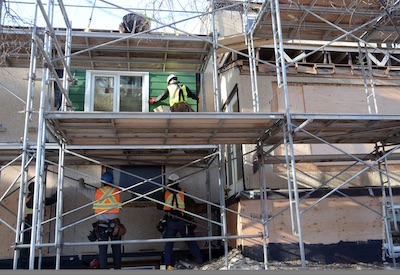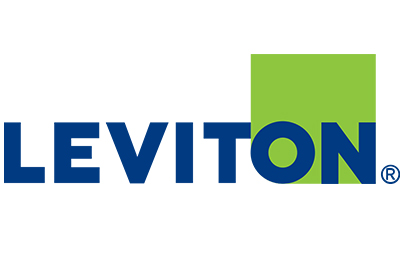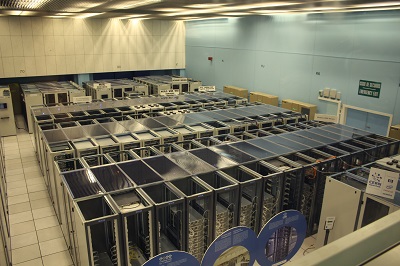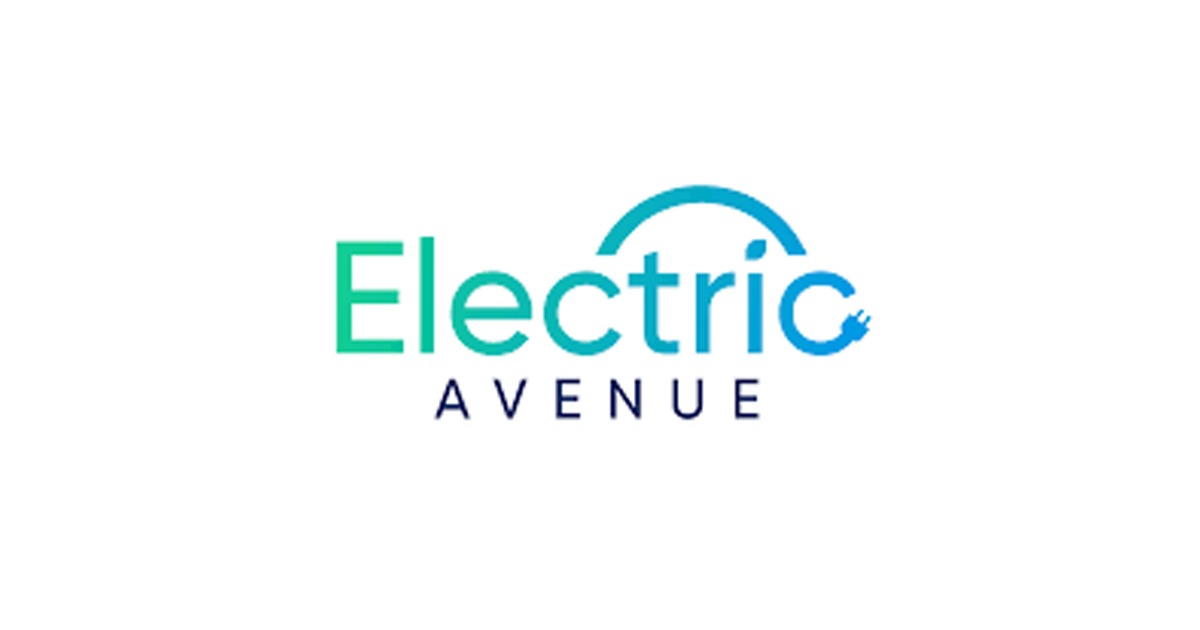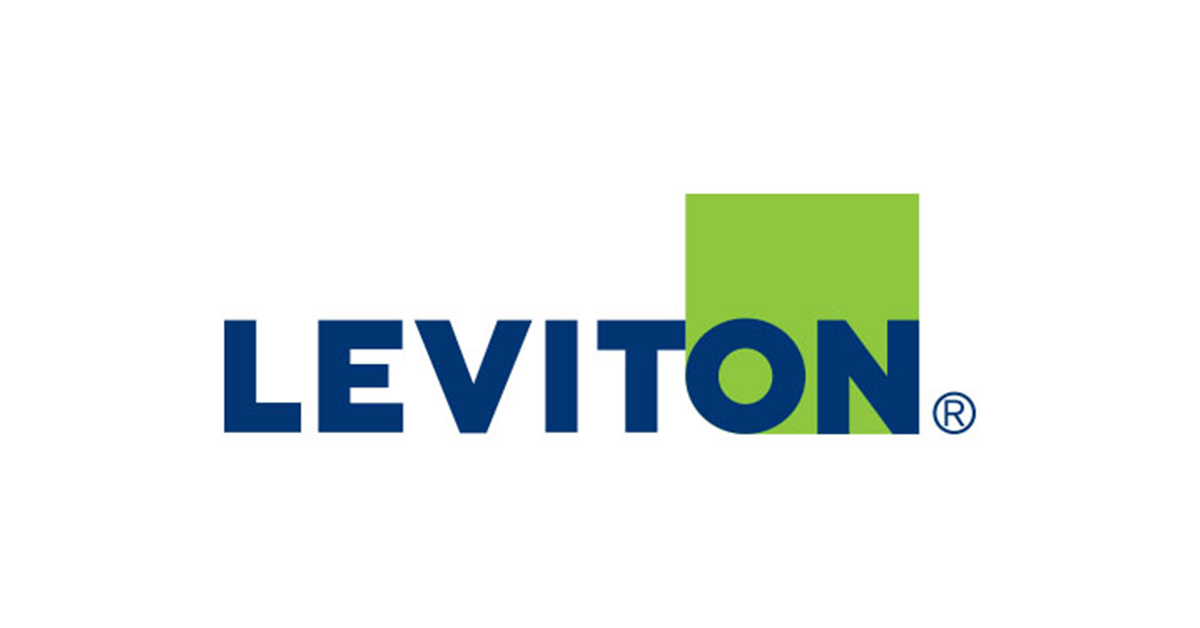Connecting — The Intelligent City as the Challenge of the Future
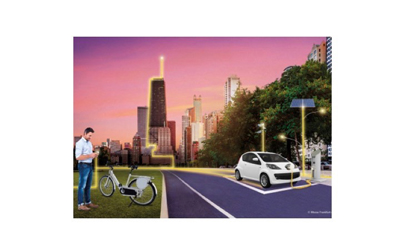
Jan 6, 2020
The influx of people into large cities and conurbations is unabated. In 2018 there existed 33 megacities worldwide with a population of more than 10 million. According to estimates by the United Nations, in 2030 there will be no less than 43 cities with a total of 5 billion people.
This development brings major challenges to political decision-makers. Even today negative side effects can be seen, such as slum creation, high levels of environmental pollution, and depopulation of rural districts. Global developments such as scarcity of resources, climate change and gentrification, sharpen the demands further. These are soluble, it is generally thought, only if life in cities is designed to be “more efficient, more technologically progressive, greener and more socially inclusive.” The concept of the intelligent city, the “smart city,” is a collective term for holistic development strategies to achieve these goals. The approaches to the issue are as multifarious as the needs of each individual city. Common to them all, however, is the collection and intelligent evaluation of data supplied by numerous sensors (“ubiquitous computing”) from all areas of life. If this is to succeed, comprehensive networking will be necessary within a smart city (“smart connectivity”), for instance on the Internet of Things (IoT), and the evaluation of these immense data streams through automated technologies such as machine learning (ML) and artificial intelligence (AI). Smart cities will provide not only more sustainability, convenience and security; they will also develop into a significant economic factor. Experts at corporate consultants Frost & Sullivan forecast a market volume as early as 2025 of around two trillion US dollars worldwide in connection with smart cities.
Innovation the key factor
Technological developments and innovations play a key role in the concepts of smart cities. Their realisation — and the social challenges which go hand-in-hand with them — can, it is true, be solved only politically. But technology and innovations make possible completely new solutions, by means of which government and society can take approaches which would previously have been unthinkable. Thus the invention of the lithium-ion battery, recently awarded a Nobel prize, has made possible the development of a sustainable electromobility. The commercial use of wind and sun as regenerative energies is only possible through examples of top technical performance in generation, transmission and distribution (“smart grid”).
Of central importance in this process is the further development of information and communication technology (ICT), in order to ensure secure and efficient networking. The final version of a smart city will see people, places and infrastructures networked together. A more intensive networking and data collection by technical specialities within buildings is already reality today.
Smart buildings
Intelligent buildings are the nucleus of a smart city. It is there that the inhabitants will spend a large part of their time, whether in living (“smart home”), or working in purpose-built buildings (“smart buildings”). The trend to urbanisation and the increasing shortage of floor space will mean that buildings become ever larger, higher and more complex. In this process a broad-based collection of data and their evaluation will improve security, energy efficiency and environmental friendliness in the building and the city. Through comprehensive networking the data from numerous sensors will be available to all specialities. Thus, according to the ZVEI, intelligent building automation can bring savings in energy demand and CO2 emissions of 20 to 30%. Self-learning systems will promote intensive involvement by building users, for instance through needs-based control of light, air conditioning and heating, or through the display of individual escape routes on mobile phones. It will also be possible, to take another example, to install security systems that not only identify dangers such as fire or burglary but can actually predict them.
Smart lighting
Lighting accounts for a further large share in the potential for energy saving. According to information from the Working Group on Energy Balances, in Germany some 13% of electricity consumption goes on lighting. The introduction of LED luminaires signified a massive leap forward in lighting technology. They save up to 80% of energy compared with conventional lights. Smart light likewise has a strong impact on people’s wellbeing and sense of security. Adjustment of lighting temperature and lighting colour by LED luminaires means that individual scenarios can be created, which increase wellbeing and productivity (“human-centric lighting”). In a larger context, LED streetlights can form the backbone of an intelligent city. Equipped with WLAN, charging facilities for e-cars, an emergency button or sensors for measuring traffic and weather, they will be a major component in networked IoT. Pilot projects have already been installed in Berlin-Adlershof and in Santander in Spain.
Smart mobility
Even now cities are suffering from traffic gridlock and high levels of toxic pollution. Without new mobility concepts there will be no smart cities. Along with intelligent traffic management and networking between traffic carriers, the intensive expansion of electromobility is the key to the problem. For this it will be necessary to provide charging points for electrical vehicles and an intelligent charge-management system in an intelligent electricity network (“smart grid”), which provides regenerative energies which are economically viable and not time-dependent, and which will avoid overloading the infrastructure.
Summary and outlook
The challenges of the future, such as urbanisation and climate change, can only be solved with pioneering concepts. Smart cities are no longer a mere vision but are already in the process of realization today. As early as 2014 the EU named 240 European cities which were pursuing more or less progressive smart-city concepts.
To reach beyond individual measures and pilot projects to achieve efficient solutions, an intensive exchange of information will be necessary between all those involved, both nationally and internationally. Only when political decision-makers, city planners, building operators, architects, designers, builders and representatives of the citizen body exchange information and jointly produce viable solutions will smart cities become a reality in the near future and be accepted by those who live in them.
An ideal platform this this important exchange will be provided by Light + Building 2020 from March 8 to 13 in Frankfurt am Main. It is the ideal platform to showcase concepts for building automation, the smart city, intelligent neighbourhood and energy management, progressive e-charging infrastructure and networked security.
Source https://light-building.messefrankfurt.com/frankfurt/en/programme-events/topthemes/connecting.html


